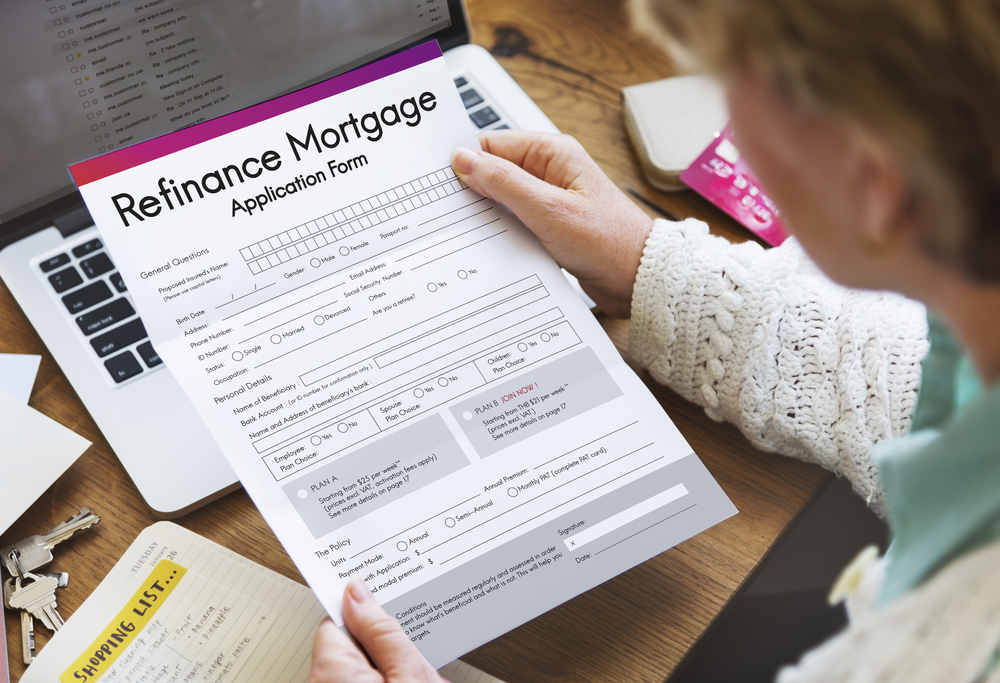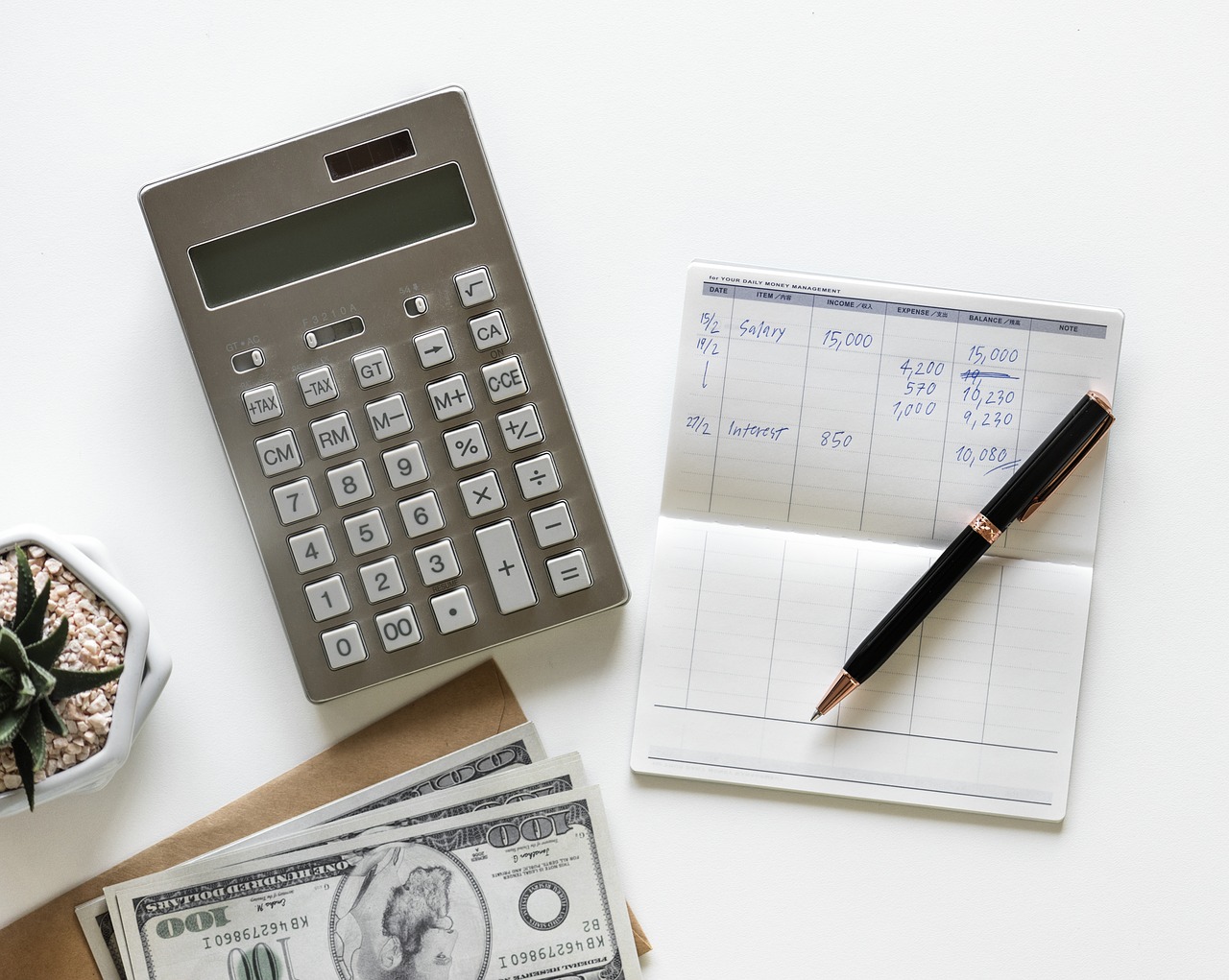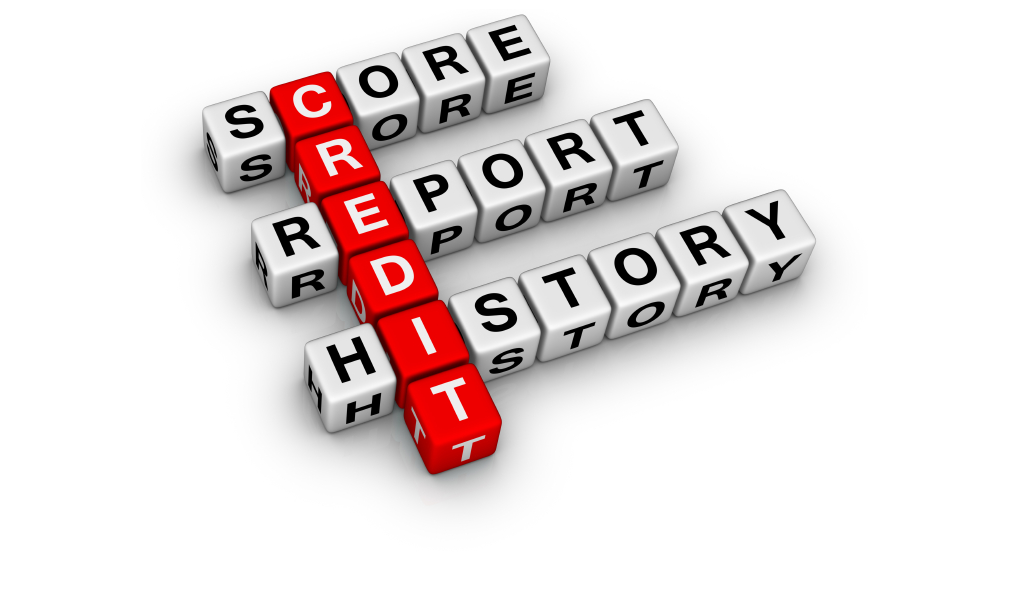The Mortgage Refinance Checklist

If you’re unhappy with the high-interest rates on your mortgage, it may be a good idea to pursue mortgage refinancing.
Refinancing your home loan will potentially allow you to get a better deal. This might mean taking up a new home loan with an improved interest rate or a longer loan period, for example. Refinancing typically helps homeowners free up money in the short term, and often saves them cash in the long term.
Applying for a home mortgage refinance is a complex process, and can be risky for those who don’t take the time to learn about both the benefits and costs involved. As you consider your refinancing options, here are nine things you should know.
Your Credit Score Will Determine Whether You Should Refinance
Just like all major investments in life, your credit score is crucial to refinancing your home mortgage.
Borrowers with perfect credit history can expect few problems if any in their quest to refinance their mortgage. A great credit score demonstrates responsibility and trustworthiness to banks and creditors, making you more likely to be accepted.
Refinancing can be risky the worse your credit score is, or if you’re too much in debt or even bankrupt. Borrowers with credit scores as low as 620 can actually apply for a mortgage refinance with the Federal Housing Administration (FHA) or the Department of Veteran’s Affairs (VA).
Get All of Your Documents in Order Before You Refinance
A lender won’t set up your new mortgage payment program if you don’t provide a complete picture of your financial history. Here’s what you should gather:
- An accurate, up-to-date credit report
- Property tax bills
- Proof of income, bank statements, tax returns
- A recent appraisal of your home
You Can Change the Term of Your Mortgage Loan
Refinancing your home mortgage loan is essentially a big do-over. That’s a simplification of a very complicated process, but refinancing basically allows you to change what you didn’t like about your first loan and save some money.
Most commonly, homeowners refinance so they can reduce their term. If you have built up hefty savings and have job security, you may want to refinance into a shorter loan period confident you can pay it off sooner. Alternatively, you can also reduce monthly interest payments by maintaining the same loan period or increasing it.
Eliminate Private Mortgage Insurance
It’s not news to anyone when I say that buying a house isn’t cheap. Traditional home mortgage loans make it easier for people to own real estate, but it can still be costly for some.
In these cases, you may be required to apply for private mortgage insurance (PMI) which safeguards the lender if you stop making payments on your loan. PMI is usually required when you have a conventional loan and make a down payment of less than 20 percent of the home’s purchase price.
Fortunately, refinancing your mortgage can allow people to eliminate their private mortgage insurance policy and save some extra money. If the value of your house increases, you can negotiate to cancel your PMI.
You Can Pay off Debts by Refinancing
If you are encumbered with debt but have significant equity in your property, you can take a cash-out refinance to pay down other outstanding balances. Not only can this give a boost to your credit score, but you can eliminate some pesky debt that snowballs into more savings.
The Money You Save Can be Put Toward a Sweet Vacation
A mortgage refinance can lead to considerable short-term savings. You can put this money toward taking a vacation, or opening up a college fund, or renovating the house.
You can also withdraw money from the equity you’ve built up over the years. While it can be enticing to see this as an opportunity for extra cash, keep in mind that money taken out must be paid back eventually.
You Could Also Pay Off Your Loan Faster
On the other hand, refinancing your home mortgage is a great opportunity to build even more equity. You can take the immediate monthly savings and put it toward paying off your payments.
There are a Lot of Fees to Refinance
Refinancing your mortgage doesn’t come free. In some cases, refinancing comes with as many costs as the initial mortgage.
Here are just some of the fees you should consider:
- Application fees
- Attorney review fees
- Home inspection fees
- Title search and insurance fees
- Prepayment penalties
Refinancing Isn’t Always the Best Move
Finally, know that refinancing isn't always the right thing to do. If you won't be staying in your home for too many more years, for example, your savings from the new loan may not make up for the closing costs of the refinancing.
If you had 17 years left on a 30-year mortgage and you refinance into a new 30-year loan, understand that you'll start the clock ticking all over again. If you're only a decade from retirement, you're setting yourself up for 20 years of payments in retirement, which isn't ideal.








